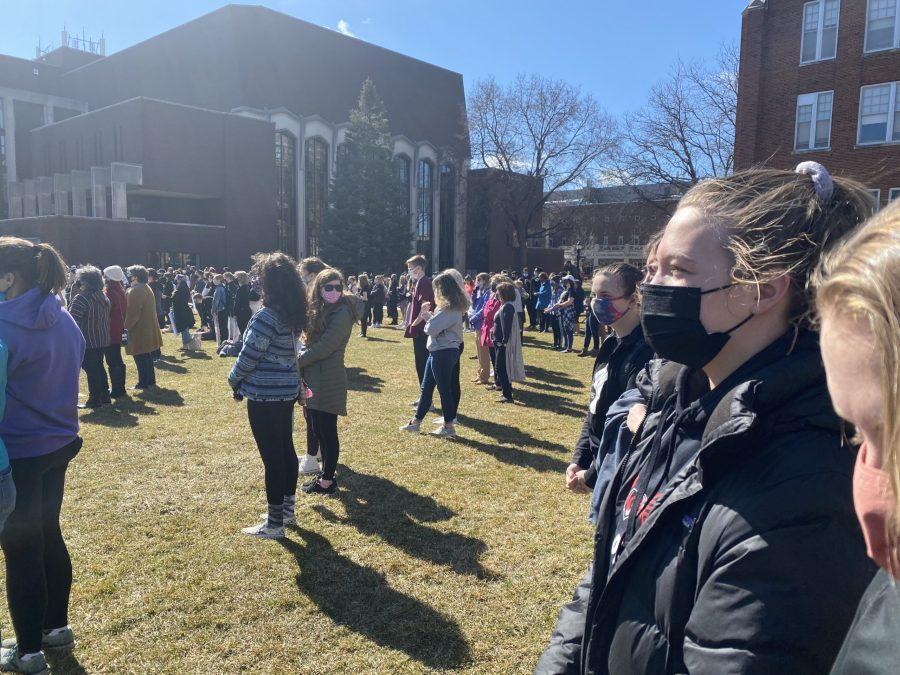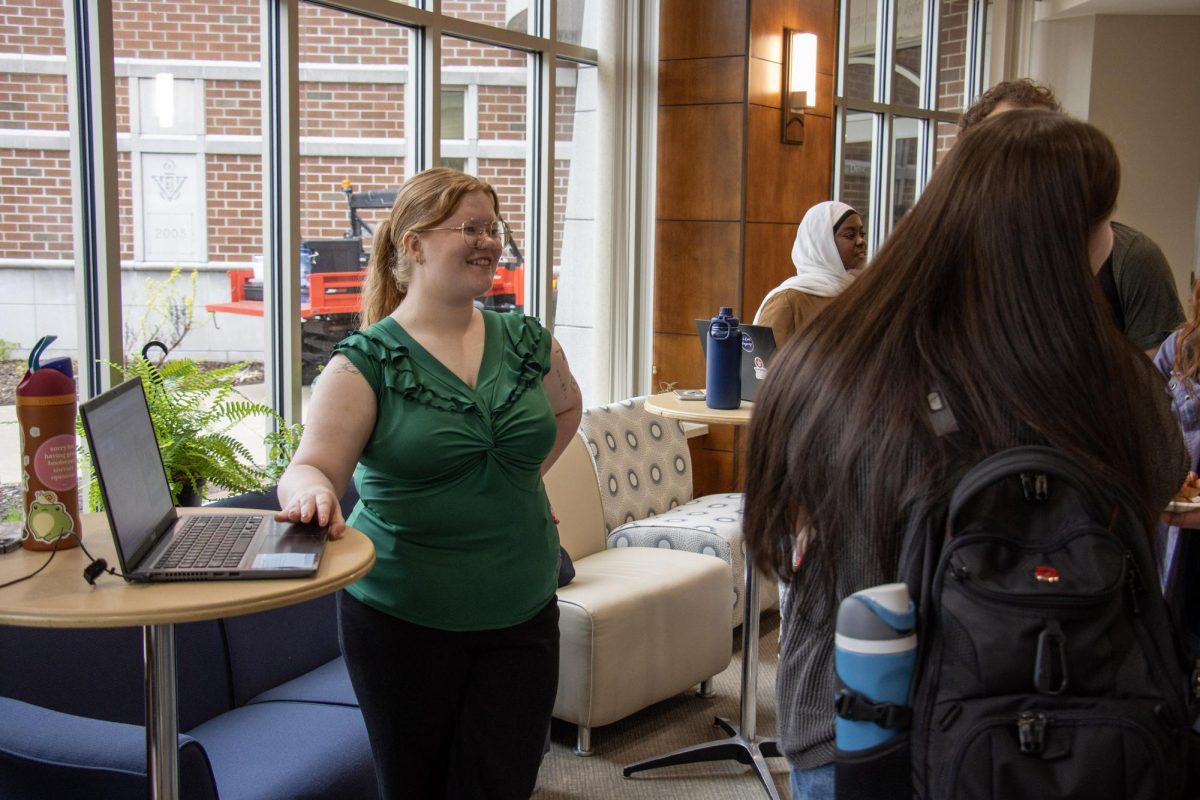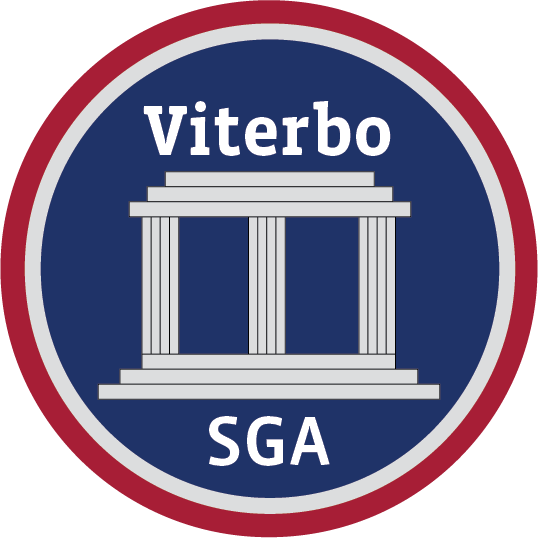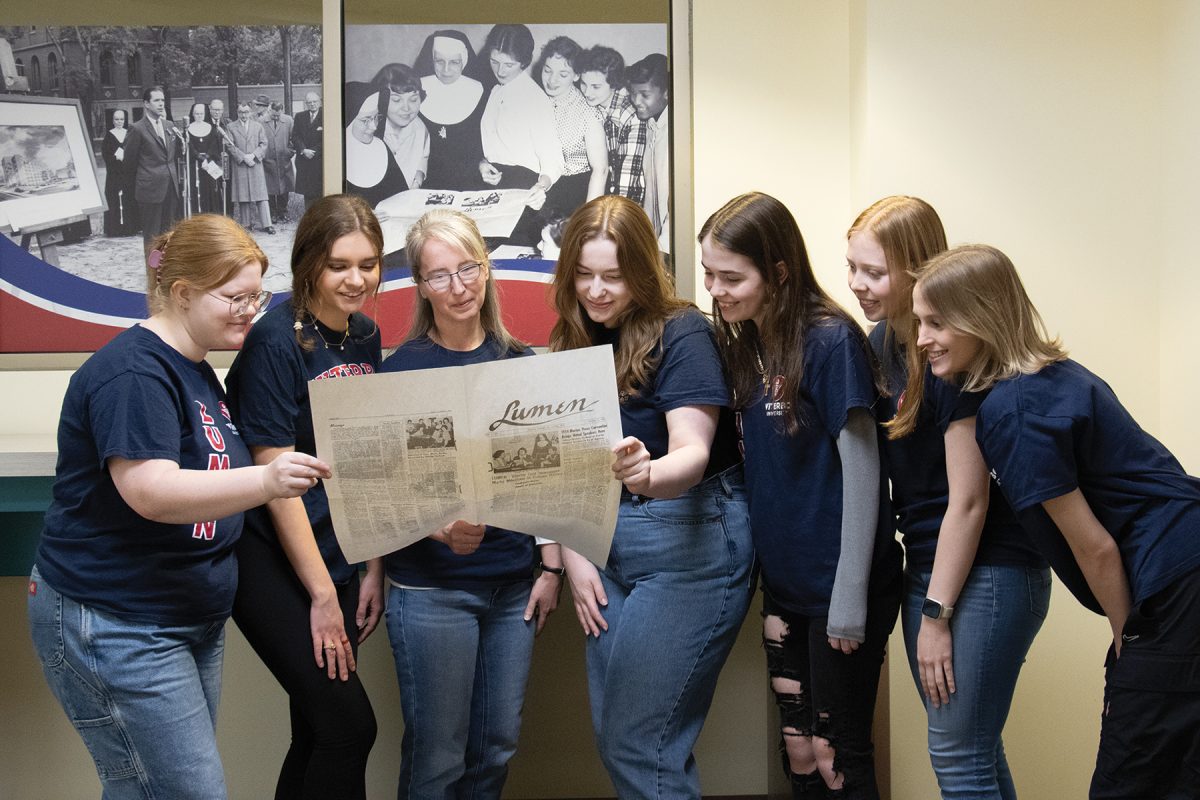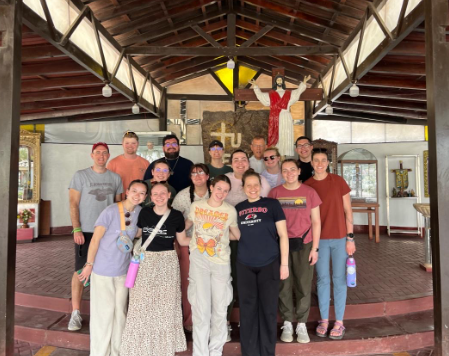“With profound sadness and frustration, I inform you that a racist and hate-filled message was written on a student’s residence hall door last evening,” Richard Trietley, Executive Vice President for Student Success, wrote to students in an email on March 9, 2021. Incidents of hate speech have become more and more of a regularity on Viterbo’s campus. In a much briefer email sent to students on April 12 relating to another hate incident on campus, Trietley reiterated, “hateful and disgusting incidents like these will not be tolerated.” Following several listening sessions and a significant series of emails attempting to detail Viterbo’s planned response to events of hate and bias on campus, some students are still left wondering what the prescribed discipline is concerning issues of hate-speech incidents at Viterbo.
According to the Viterbo Student Handbook, these incidents fall under the umbrella term of “Bias Related Incidents.” The handbook states the following:
“Bias-Related Incidents: Conduct that creates or attempts to create an environment that a reasonable person would consider intimidating, hostile, abusive, or offensive. Offensive conduct may include, but is not limited to, offensive jokes, slurs, epithets or name calling, physical assaults or threats, intimidation, ridicule or mockery, insults or put-downs, offensive objects or pictures, and interference with performance. Bias-related incidents are behavior that constitutes an expression of hostility against person or property of another due to the targeted person’s age, color, disability, ethnicity, gender, marital status, national or ethnic origin, race, religion, sex, sexual orientation, or veteran status. These acts or behaviors may not rise to the level of a crime, or a violation of state or federal law, but may contribute to creating an unsafe, negative, or unwelcome environment for the targeted person.”
While defining such incidents seems rather simple, disciplining students responsible is a much lengthier process. Outlined in the section of Viterbo’s handbook entitled “Student Conduct Procedures,” the process for determining sanctions or punishments for students is a 14-step process. Steps 1-4 of the process detail how incidents are reported and rise to the level of a conduct proceeding. This includes policies on reporting, providing proof of the incident, the confidentiality of the student reporter, and the ability for students who have been reported to leave the university to escape sanctions. Step 5 of the process is the investigation of the hate–related incident. The investigation, “initiated by the Vice President for Student Affairs or designee,” includes the requests for and pursuit of evidence relating to the incidents and “may be closed due to lack of merit or insufficient information, or… may be referred for voluntary resolution, mediation, conduct conference, or panel hearing.”
Voluntary resolution involves a process in which the student informally resolves the conduct violation and agrees to sanctions provided by the Vice President for Student Affairs or designee, while mediation involves “the parties in a nonacademic misconduct case mak[ing] a reasonable attempt to achieve a mediated agreement …[which] must be approved by the Assistant Vice President for Student Affairs or designee.” The handbook outlines two more processes which may be followed, including a disciplinary conference intended for “non-academic offenses unlikely to result in removal from university housing… suspension… or university expulsion,” and a formal hearing intended for offenses that may result in eviction or expulsion.
A lengthy process, formal hearings include a hearing panel and a chairperson appointed by the Assistant Vice President of Student Affairs who will question witnesses and examine evidence in the conduct case, which is then submitted to the Assistant Vice President of Student Affairs for their final ruling on what the student’s sanction should be.
A variety of sanctions exist for issues of hate speech on Viterbo’s campus, ranging from behavioral contracts to university expulsion. Through due processes, university officials determine which of these processes is most fitting for a student guilty of an inappropriate breach of conduct, including bias-related incidents such as hate speech. While the student handbook may be difficult for some students to understand, students can only hope that those with power in the administration are able to follow it and make the best choices in how to investigate the bias incidents on Viterbo’s campus.
